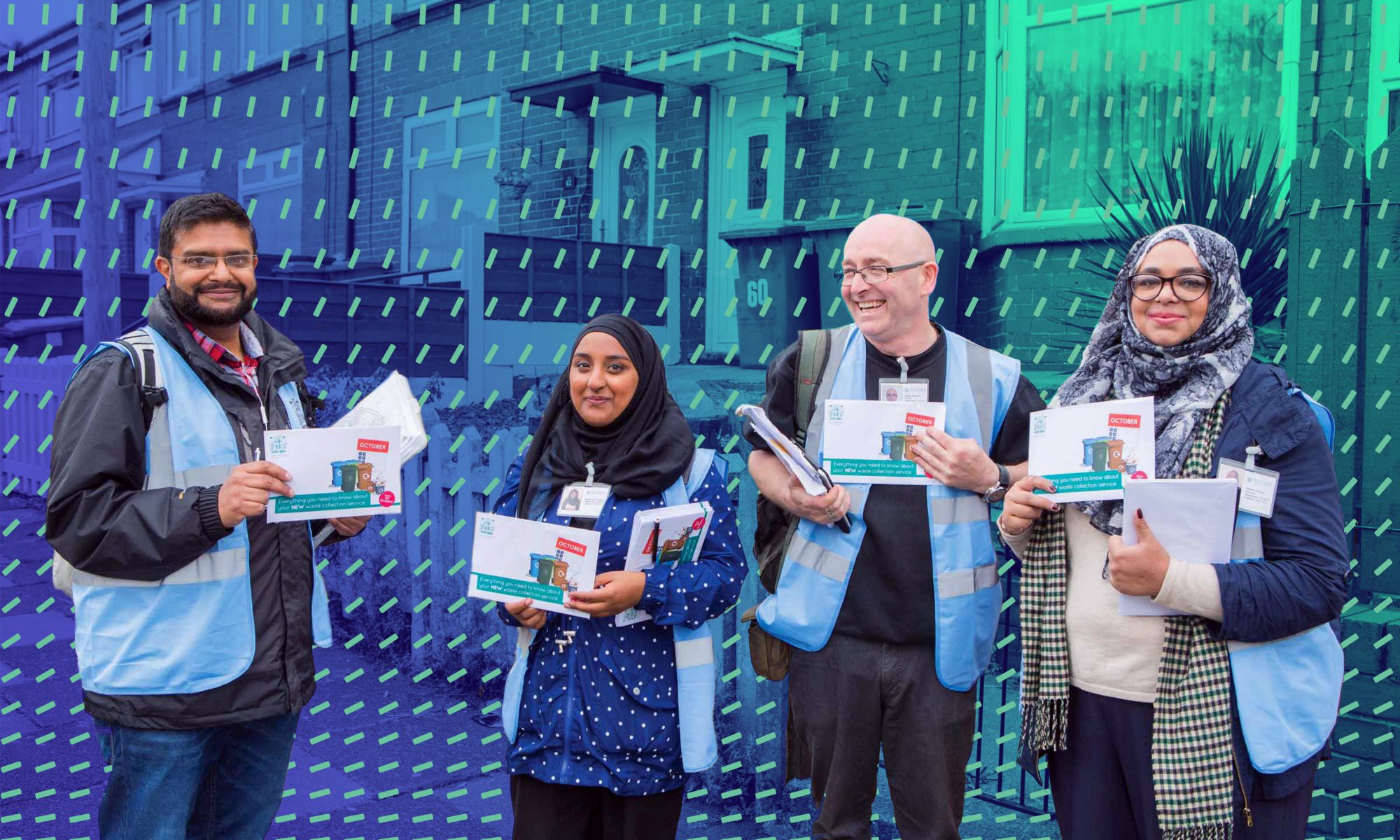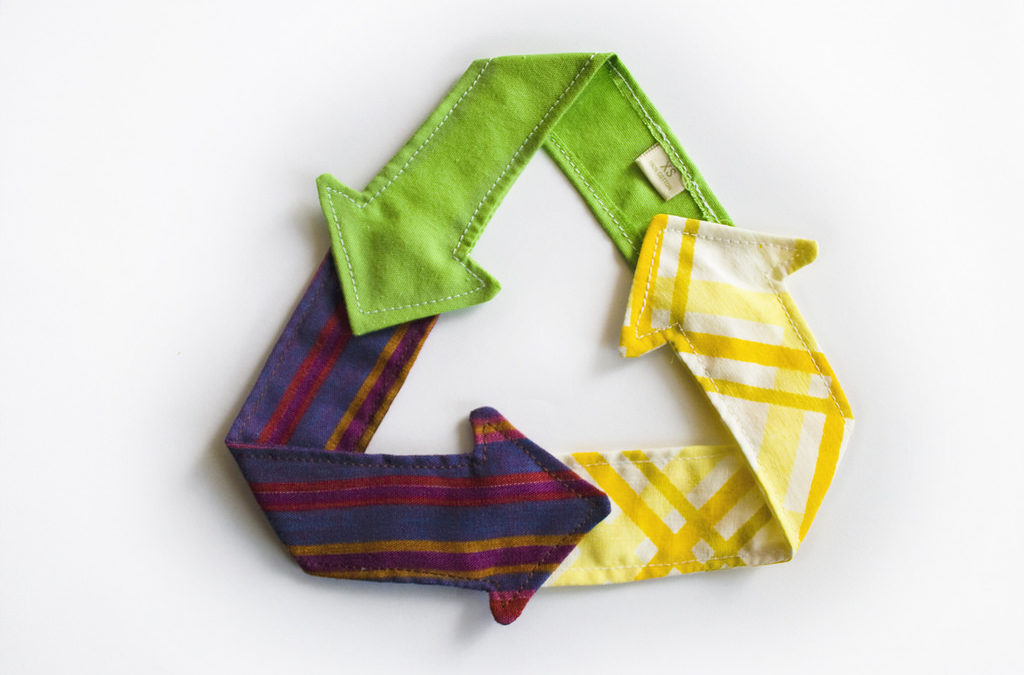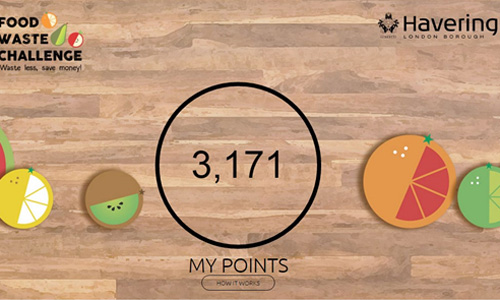It’s been a really busy summer for us here Jump (Local Green Points), with plenty of highlights to share with you – including the launch of our Food Waste challenge, door to door campaigns, charity cheque presentations, and new partners we’re excited to start working with.Here’s a quick summary of what we’ve been up to over the past few months…
The Food Waste Challenge is live!
Our Food Waste Challenge is well and truly launched! The London Borough of Havering and the Borough of King’s Lynn and West Norfolk are the first of our Local Green Points schemes to launch the innovative online platform, which asks residents to make pledges based on the five food waste ‘themes’ identified by WRAP and offers tools and guidance to help them cut down their food waste. The Food Waste Challenge will also be launching in the London Boroughs of Camden and Waltham Forest later this year, where we look forward to seeing more residents saving money by cutting down their household food waste. Keep an eye on our press page for all the updates.
Local charities feel the benefits
This summer we’ve been busy awarding donations to charities and community projects around the UK on behalf of members of our Jump (Local Green Points) schemes. As a reward for cutting down waste and increasing recycling, members can choose their favourite community project to receive donations on their behalf. Since May, we’ve awarded over £12,000 to charities in Hammersmith & Fulham, Waltham Forest, Warwickshire, West Norfolk and Hackney. For more details, visit our press page.
Knock knock…
Following a successful first year of West Norfolk Recycling Rewards, The Borough Council of King’s Lynn and West Norfolk commissioned us to canvass 10,000 households across the Borough. Our Recycling Advisors spoke to residents about their recycling services and helped them sign up to the rewards scheme. We’ve also been busy working with Kingston Council to sign up residents to Kingston Recycling Rewards, as well as with Westminster City Council on a project to raise awareness about recycling and reduce contamination rates in the local area – and we’ve already recycling rates increase in the areas where doors were knocked. For more information about our door to door campaigns, have a look at our blog on how to run a successful door to door campaign.
The hunt is on for Warwickshire Recycling Champion of the Year
We’re working with Warwickshire Waste Partnership to launch an exciting new competition to Warwickshire residents: the Warwickshire Recycling Champion of the Year. With online heats and a live final at Market Hall Museum in Warwick, the competition is not to be missed! There are some exciting prizes up for grabs, including a two night staycation for two in the luxury Lady Craven Suite at the Coombe Abbey hotel, provided by Shakespeare’s England. To be in with a chance of winning, you’ll need to sign up to the ‘Slim Your Bin’ campaign at: www.warwickshire.slim-your-bin.com. It’s free to enter and open to all Warwickshire residents.
Coming soon…Epping Forest Recycling Rewards!
We’re thrilled to announce that this autumn we will be launching Epping Forest Recycling Rewards – our latest Jump scheme. We’ll be bringing you more details of the scheme in the next few months, so keep an eye out for the launch on our press page. It’s an exciting time ahead for us, with plenty to keep us on our toes! We look forward to keeping you posted 🙂












